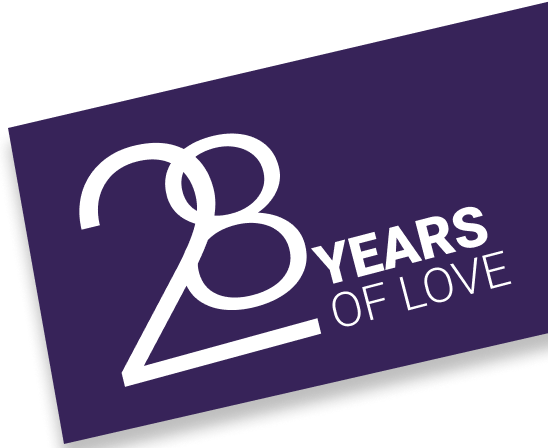
As a matchmaker, I often meet people who are attracted to partners significantly older or younger than they are — sometimes with 15, 20, or even 25 years between them. In most cases, this kind of request reveals a very short-term vision of what a relationship should be.
Let’s be frank: relationships with a large age gap rarely lead to long-term happiness.
Two People at Very Different Life Stages
We can’t ignore the fact that every life stage brings its own priorities, challenges, and goals. Someone in their 30s or 40s may be focused on building a career, having children, traveling, or creating a shared life project. Someone 15 to 20 years older is often in a phase of slowing down, seeking stability, or starting to reflect on their legacy.
These life rhythms often become deeply misaligned over time. What seems charming or invigorating at the beginning can gradually turn into frustration, misunderstanding, or even isolation.
An Unequal Power Dynamic
Relationships with a large age gap often create imbalanced dynamics. The older partner tends to have more resources — financial, social, or emotional — which can lead to a subtle form of dependence or control.
On the flip side, the younger partner may be desired primarily for their youth, energy, or appearance, rather than for meaningful compatibility. This often results in relationships that are superficial or even transactional.
The Inescapable Weight of Time
We can’t escape the reality of aging. A couple where one person is 60 and the other is 40 will, within a decade, face very real challenges: declining health, differences in lifestyle pace, early retirement, or even end-of-life issues. These are often ignored early on — but they always resurface, often in uncomfortable and unavoidable ways.
It is also unfair to place the burden of future caregiving on a younger partner who didn’t sign up for that dynamic in the beginning.
What This Type of Choice Often Reveals
In many cases, the desire to be with someone significantly older or younger reveals unmet personal needs: fear of aging, fear of being alone, low self-worth, the desire to feel desired, or a longing for emotional security. While these motivations are human, they do not make for solid, healthy foundations in a long-term relationship.
Long-Term Love Requires More Than Attraction
Compatibility, shared values, aligned life stages, and a mutual long-term vision are the real pillars of a lasting relationship. When these are missing, a large age gap tends to amplify the differences rather than create balance.
In conclusion, if you are truly looking for a stable, lasting, and fulfilling relationship, getting involved with someone 10 or more years older or younger is strongly discouraged. The present may feel exciting, but the future tends to be far less romantic. In a healthy relationship, both partners should grow old together — not at dramatically different speeds.









